The class of 1897: It isn’t just Country Life celebrating a 120th birthday this year
From the wireless to asprin, Kate Green discovers others observing this milestone.

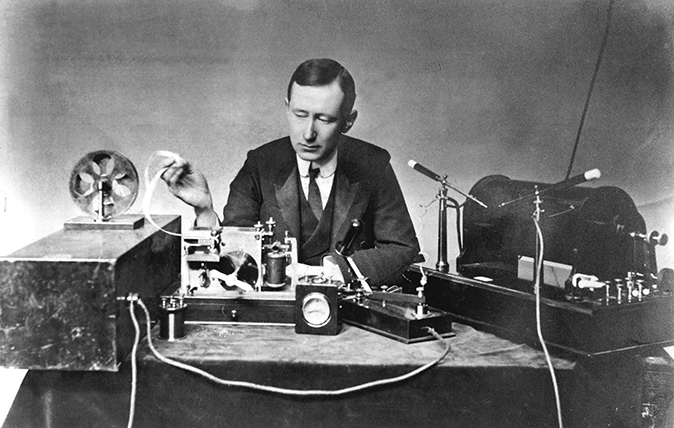
The Tate
In 1889, Sir Henry Tate (of sugar fame) offered the nation his art collection of 65 paintings, including Millais’s Ophelia and Waterhouse’s The Lady of Shalott, but the National Gallery had no space. Instead, a former prison, the Millbank Penitentiary, from which convicts were shipped to Australia, was chosen as the site for a gallery to house these treasures, despite its being in what was then a down-at-heel part of London.
Sir Henry’s over-riding ambition was to have the best-lit gallery in London: ‘I cannot be party to building a gallery in which every picture would not have top light,’ he said.
When it was opened by the Prince of Wales (later Edward VII) in 1897, under the auspices of the National Gallery, with 245 works, more than 3,000 people visited in the first week; the Tate we know today has expanded into four major galleries, with about 70,000 artworks viewed by more than 7.5 million visitors annually.
Wireless
On May 13, 1897, Guglielmo Marconi, a 22-year-old Italian nobleman and electrical engineer who had been conducting experiments in his attic with the help of his butler, sent the first wireless transmission over water. Observed by British Post Office engineers — he couldn’t get the Italian government interested — it travelled a distance of 3.7 miles from Flat Holm, an island in the Bristol Channel, to Lavernock Point, Penarth, in Wales. The message, in Morse Code, was ‘Are you ready?’.
The Blue Cross
The animal-rescue charity, which has The Queen as patron, was initially called Our Dumb Friends League; it was founded in 1897 by a group of animal lovers to improve conditions for working horses — the likes of Black Beauty and Ginger — on the streets of London. It now has 13 rehoming centres, four animal hospitals and a horse-ambulance service; it rehomes thousands of pets a year and raises more than £30 million.
The Invisible Man
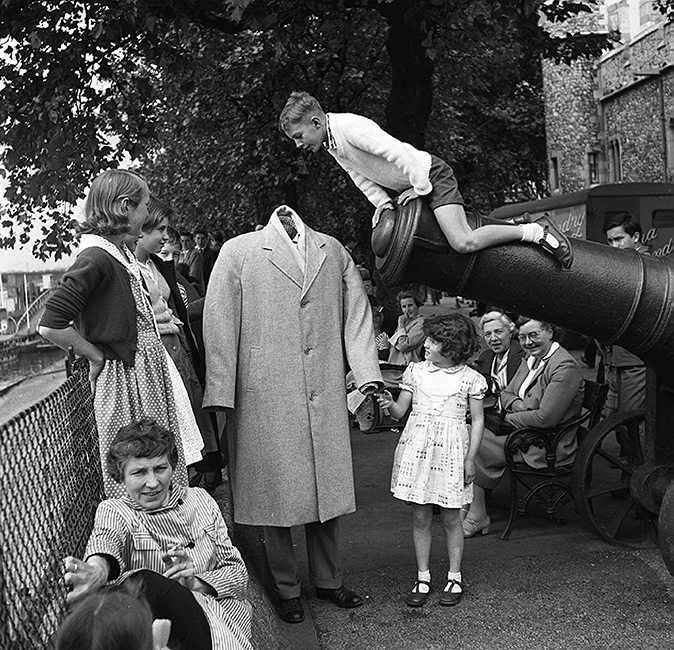
H. G. Wells’s science-fiction novella was originally serialised in Pearson’s Weekly. It’s about a scientist who makes himself invisible, then is unable to reverse the process and descends into a life of crime. The story spawned television and film adaptations.
Cyrano de Bergerac
Edmond Rostand’s play in rhyming couplets about the swashbuckling 17th-century French duellist, cadet and poet blighted by a big nose was first performed, to rapturous applause, at the Théâtre de la Porte Saint-Martin in Paris. Cyrano’s last word is ‘panache’, originally a term for a plume on a military helmet, but now a byword for flamboyance.
Exquisite houses, the beauty of Nature, and how to get the most from your life, straight to your inbox.
Aspirin

The pill used for everything from reducing hangovers to preventing thrombosis and strokes was developed in 1897 by a German chemist called Felix Hoffmann. Aspirin’s active ingredient, salicylic acid, derives from the naturally occurring substance salicin, but it was unpleasant to swallow and caused irritation. The tablet is far more palatable — it’s estimated that about 100 billion are consumed each year.
London motor cabs
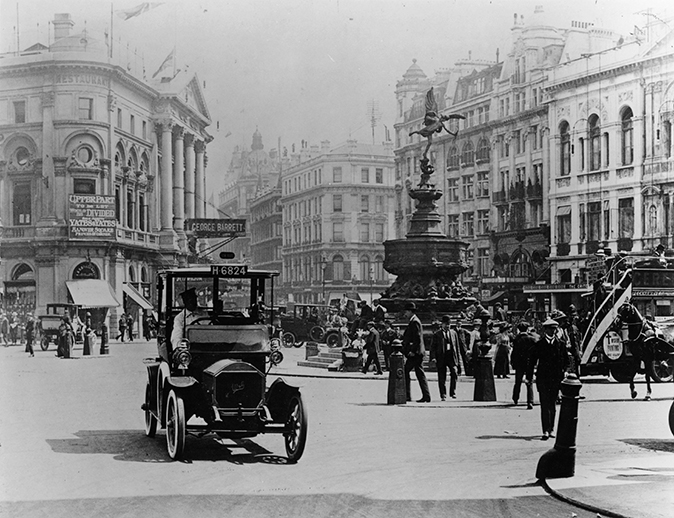
Electric cars are older than we think. The first motor cabs in London, which were electrically powered, were introduced in 1897. They were called Berseys, after Walter C. Bersey, manager of the London Electrical Cab Company that designed them, and were nicknamed Hummingbirds for their soft, whirring sound and black-and-yellow livery. They had a top speed of 9mph–12mph—it was reported that the 60-mile London-Brighton race was too much for them and the cars had to complete the journey by train. Berseys didn’t last long—some passengers reckoned a horse-drawn cab was faster and others didn’t like the exposure of the electrically lit interiors.
The Blackwall Tunnel
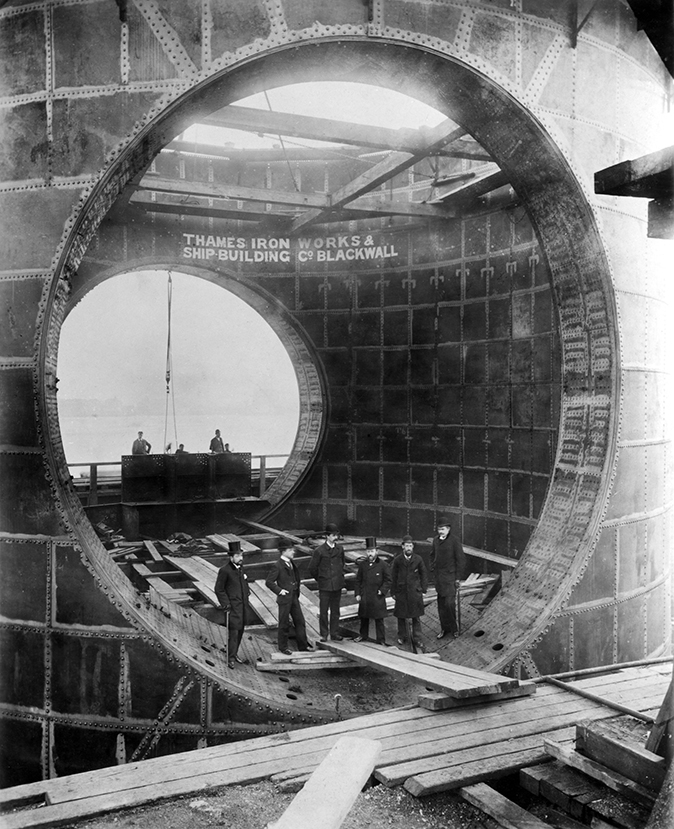
The tunnel under the Thames, scourge of commuters and notorious for traffic snarl-ups, was opened on May 22, 1897, by the Prince of Wales when it was just a single route linking Tower Hamlets with Greenwich. The £1.4 million tunnel, which had sharp bends to stop horses bolting at the sight of daylight, was designed to make trading easier in east London and followed a Parliamentary Act of 1887, based on initial ideas from distinguished engineer Sir Joseph Bazalgette.
Uncle Vanya
Chekhov’s play about a regretful, unsettled Russian family, published in 1897, wasn’t performed until 1899 in Moscow and, initially, audiences didn’t quite understand its nuances. It was famously adapted for film in 1963 with Sir Michael Redgrave in the title role. Playwright Alan Ayckbourn adapted the plot as Dear Uncle, set in the Lake District, and the Reduced Shakespeare Company’s version ran like this: ‘Are you Uncle Vanya?’ ‘I am.’ (Gunshot sounds.) ‘Ouch!’
Dracula

Bram Stoker’s elegant vampire count entered our lives 120 years ago. Although the book, priced at six shillings, was well received — Conan Doyle described it as ‘the best story of diablerie I have read for many years’ — it didn’t make any money for the Irish-born Stoker, who worked at the Lyceum Theatre in London. It wasn’t until after his death in 1912 that it achieved iconic status and, ironically, that was partly due to the publicity surrounding Stoker’s widow Florence’s fight over copyright. It’s been translated into 44 languages and is one of the world’s best-selling novels.
Plasticine

The malleable material that gave us Wallace and Gromit and children hours of harmless fun was invented in 1897 by William Harbutt, an art teacher from Bath who wanted a non-drying clay for sculpture classes. Originally grey in colour and made with ingredients including petroleum jelly and aliphatic acids, it was manufactured by the Harbutt factory in Bathampton until 1983.
As well as in Nick Park’s animated films, plasticine has been used in bomb disposal during the Second World War, in the judging of triple-jump and long-jump contests and by former Top Gear presenter James May to make a show garden at Chelsea.
De Profundis
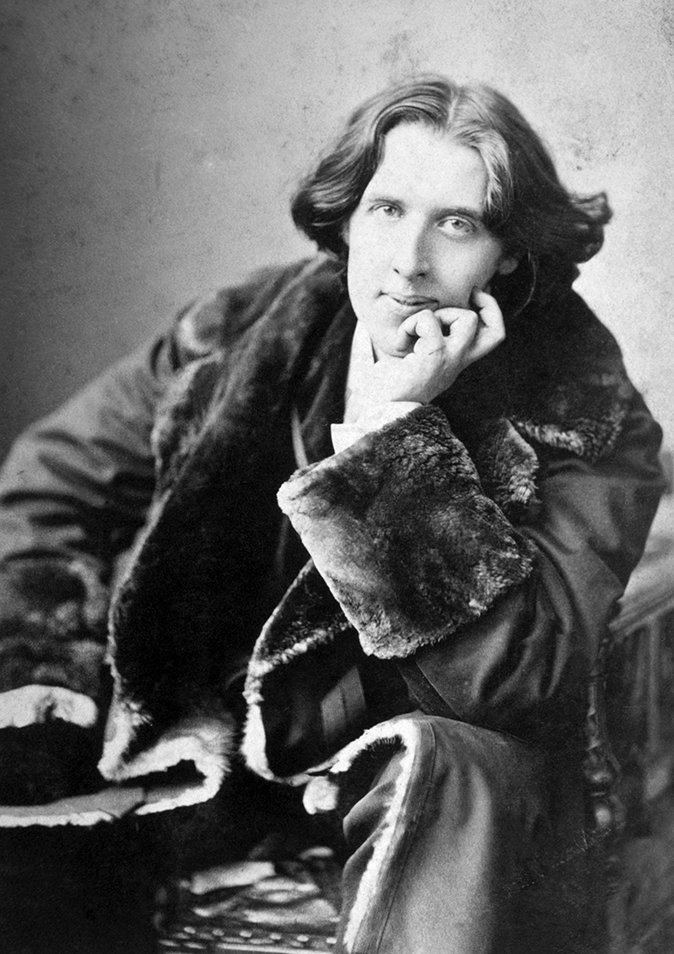
Towards the end of his incarceration in Reading Gaol for gross indecency, a more enlightened prison governor gave the dejected Oscar Wilde increased supplies of paper on which to write, for eventual publication, this supremely anguished, cathartic 50,000-word letter – ‘from the depths’ — to his lover, Lord Alfred Douglas, who had escaped prison. It took him three months to write; the full version was not published until 1949, for fear of legal action from Douglas’s family.
Pencil sharpener

The humble staple of the schoolroom, with a hand crank and a compartment to catch the shavings, was patented in 1897 by John Lee Love, an American carpenter in Fall River, Massachusetts, USA. It was known as the Love Sharpener.
The Royal Automobile Club
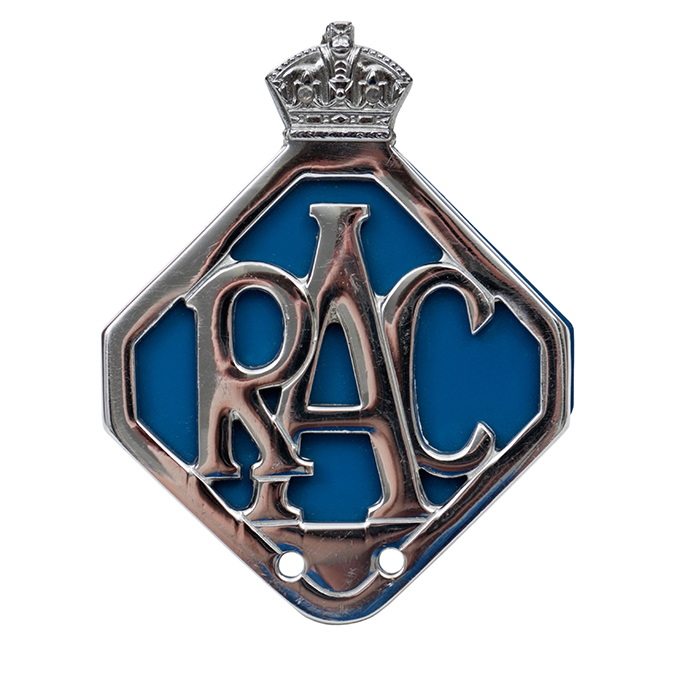
The private members’ club — founded by Frederick Simms, a manufacturer, inventor and keen driver, to promote the motor car—is the UK’s oldest motoring institution and the second oldest in the world. Its most famous event is the annual London to Brighton Veteran Car Run, which commemorates the repeal of the Red Flag Act in 1896 (the law that required a car to be preceded by a flag-waving pedestrian).
Kate is the author of 10 books and has worked as an equestrian reporter at four Olympic Games. She has returned to the area of her birth, west Somerset, to be near her favourite place, Exmoor. She lives with her Jack Russell terrier Checkers.
